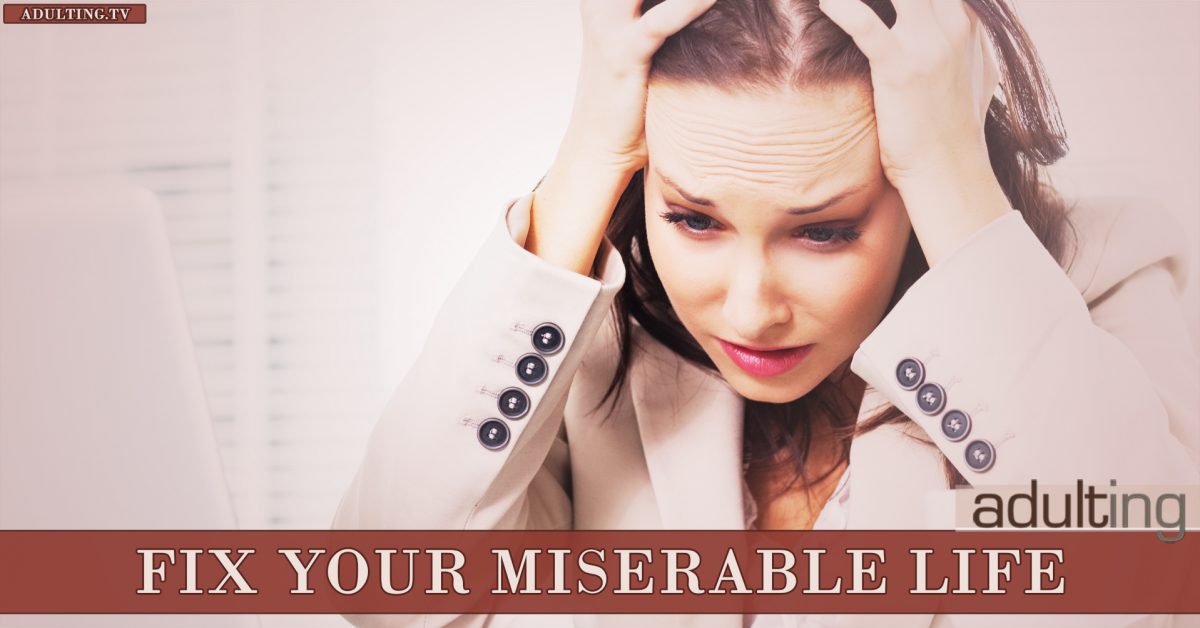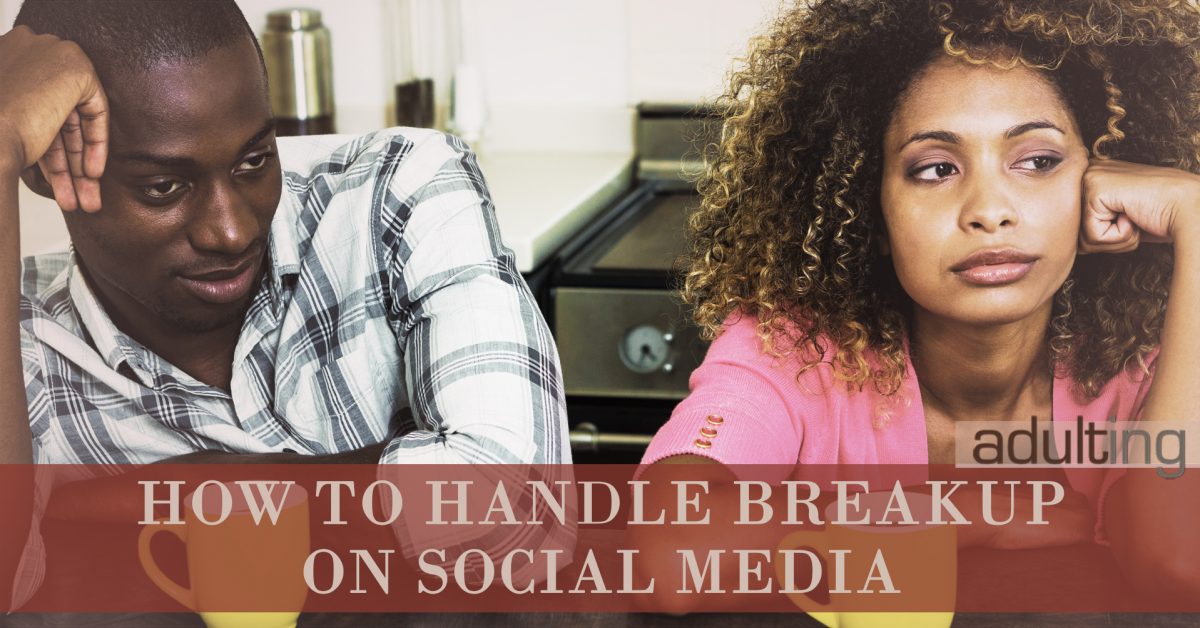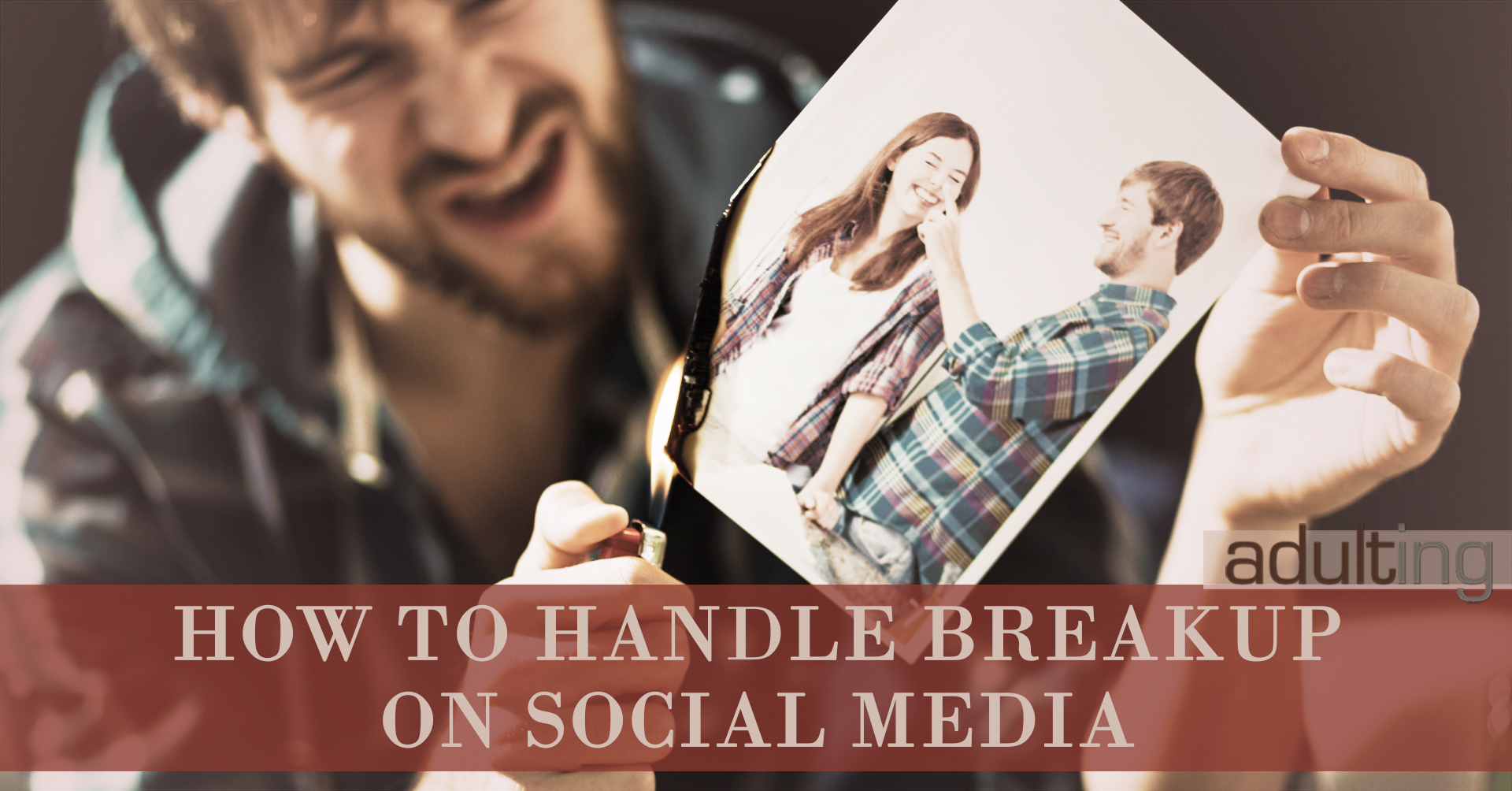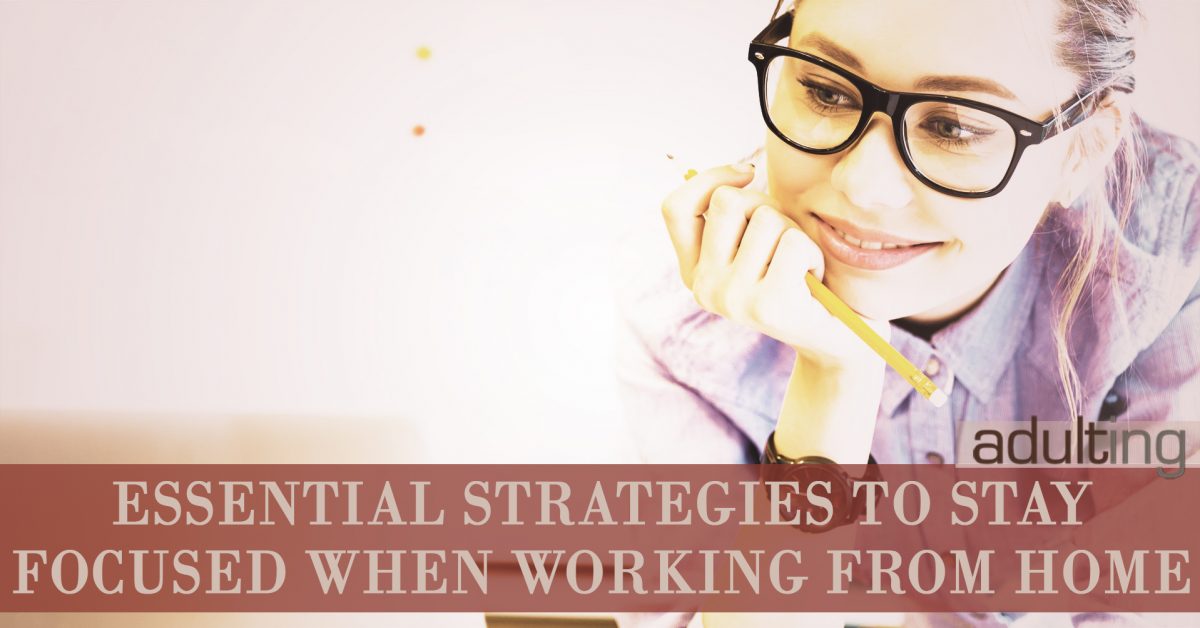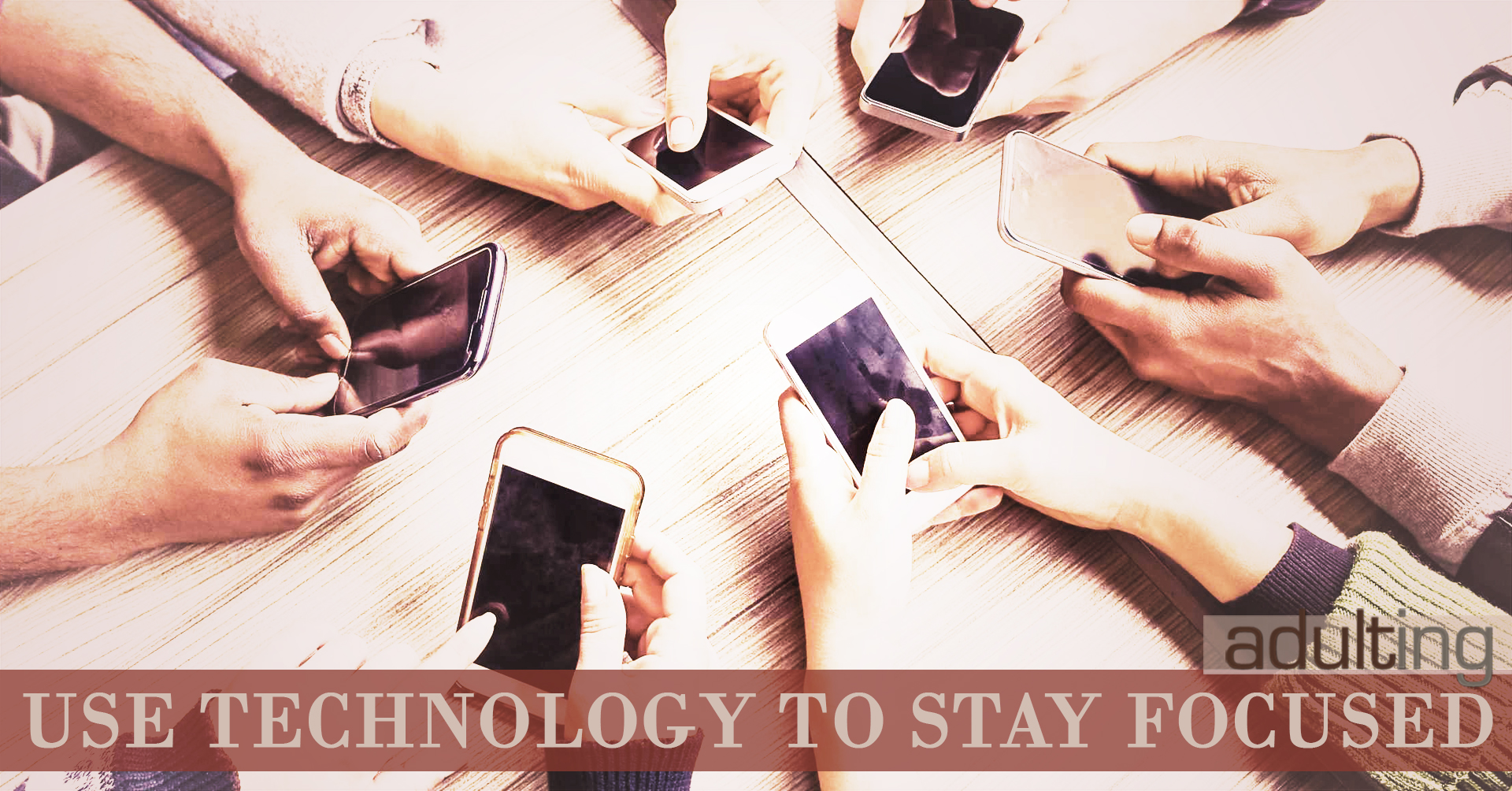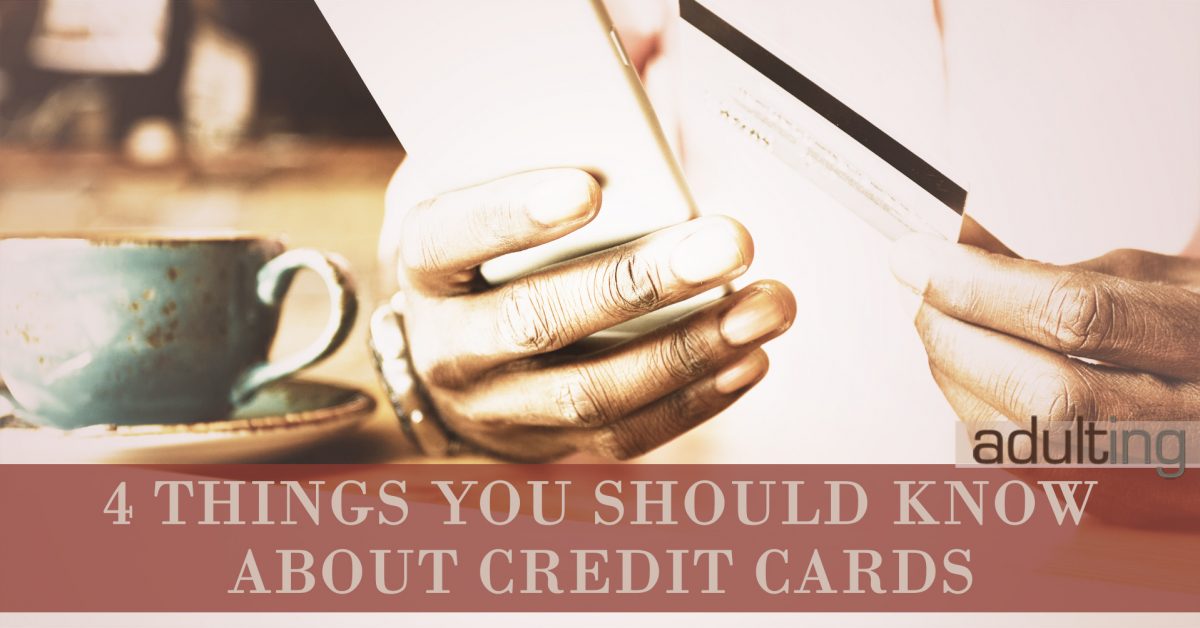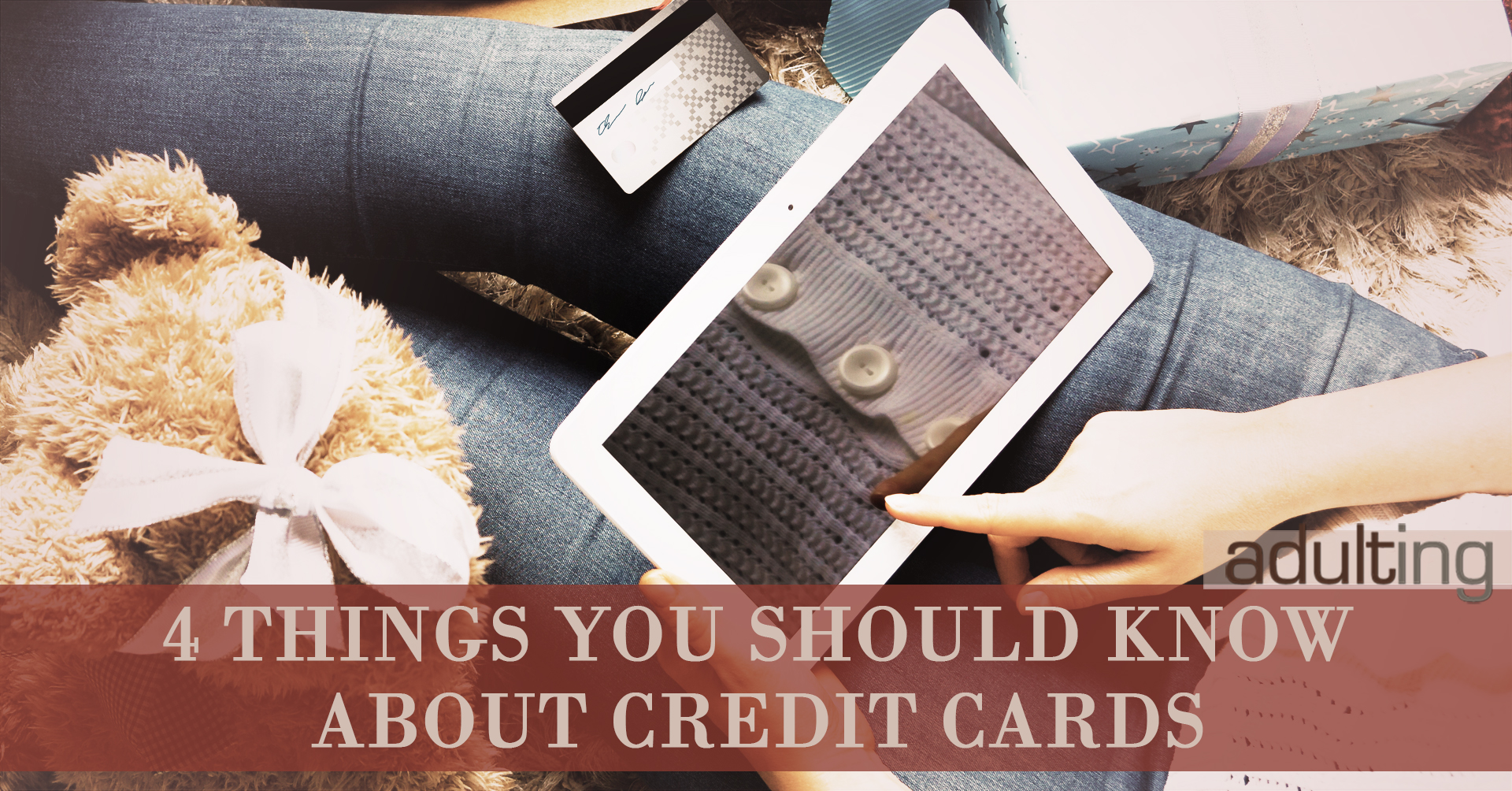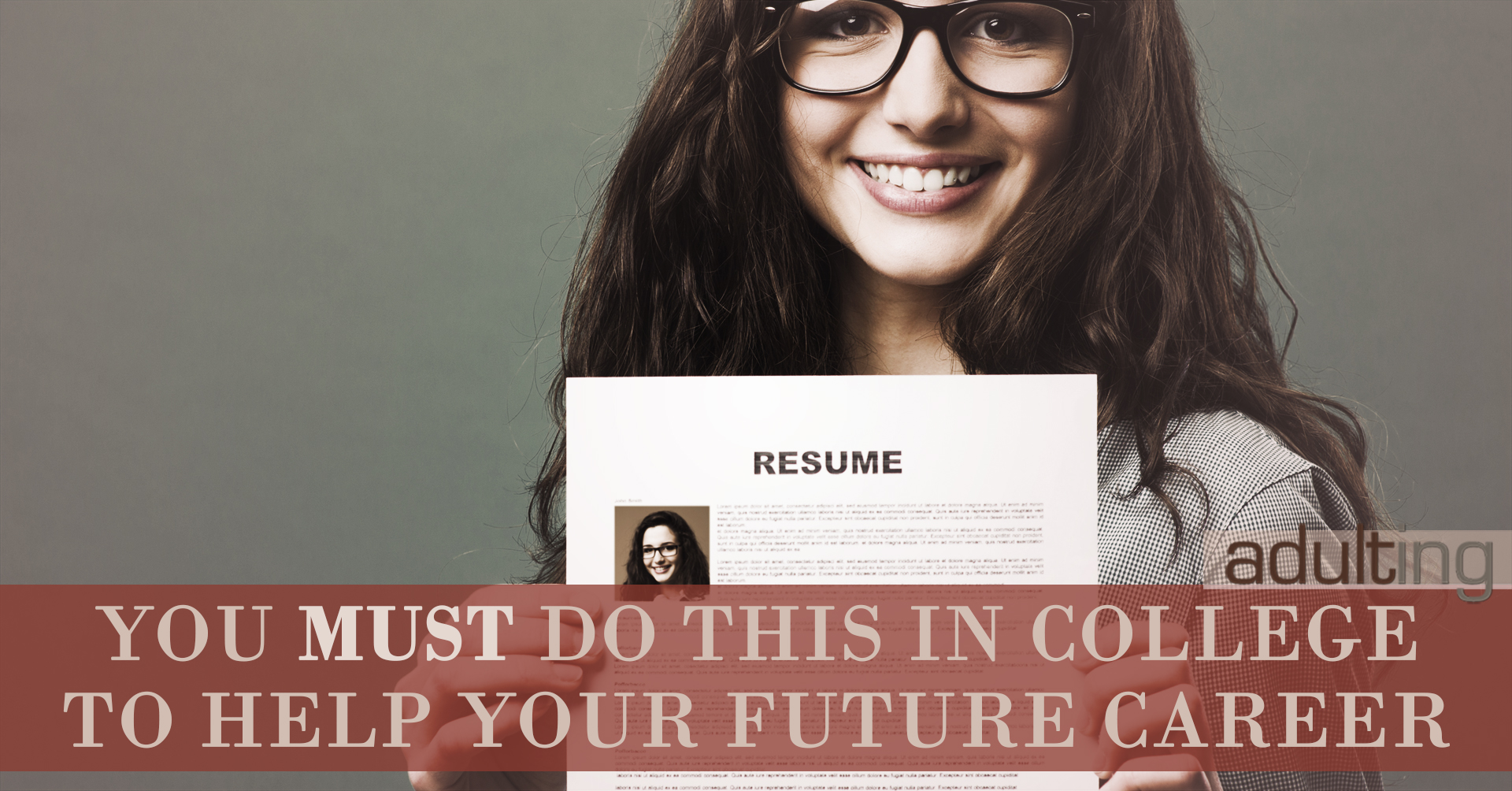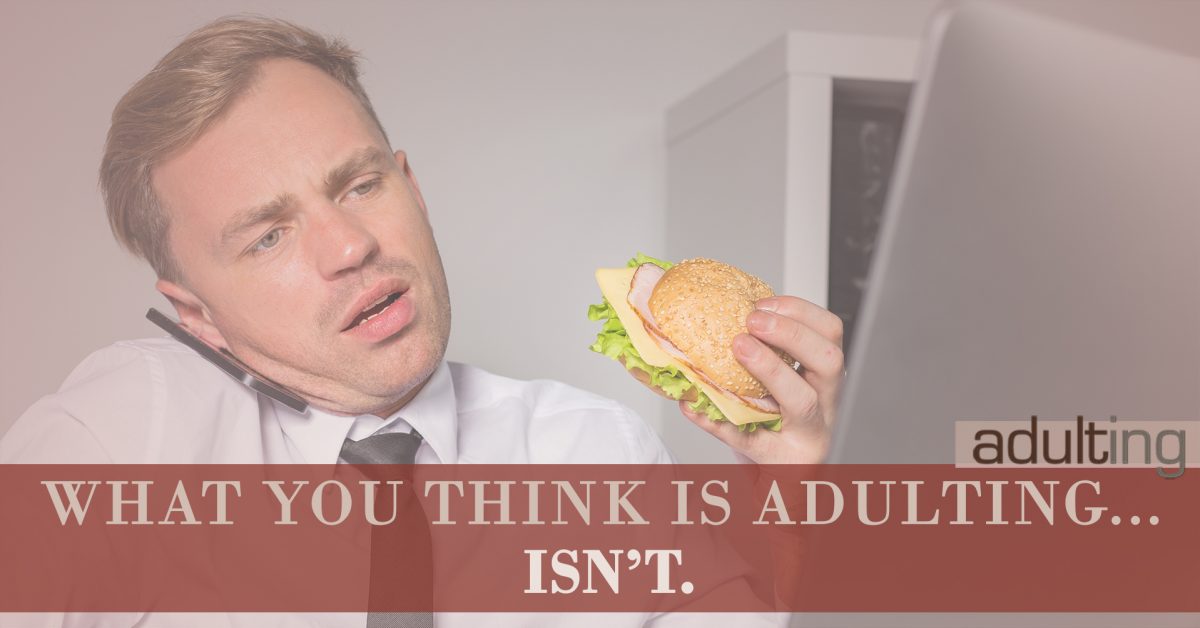It’s Thursday night.
I’m probably at a bar with some friends playing trivia.
At some point in the night, I’m probably answering this question in some shape or form: “Where’s your husband?”
No one means to be nosy, and it’s not a question that offends me. But it has led me to question why people are so surprised when I’m out and about without my significant other.
Don’t couples spend time apart?
There’s an expectancy when you get married that you are now a package deal. It’s why the cliche of a bachelorette slowly losing all her once-single friends to marriage exists. It’s the way things are.
But is it the way things should be?
Unfortunately these days, codependency is the norm. Maybe that’s always been the case. But in the time I’ve been married, I’ve come to the conclusion that couples focus way too much on being together, and not nearly enough on being apart.
I need more social interaction.
I’m an extrovert — a big one. Want proof? Multiple bosses have told me I spent too much time talking to other coworkers. Whoops.
I love seeing my friends and catching up. I can be on the phone for an hour without realizing it, and I start to go stir-crazy when I don’t get a significant amount of personal interaction.
My husband is an introvert. He doesn’t need as much social time as I do. Actually, when I leave the house he’s often glad to see the back of me. Finally, he gets some alone time.
I have more fun hanging out and he has more fun with the house to himself. Plus, when I do bring him around, I worry that he’s not having a good time or that his social quota is overfilled.
We spend all day together.
My husband, Sam, and I are both self-employed. We work together at home – often in the same room. After we’re done working, we usually watch an episode of a TV show together. We walk the dogs a couple times a day, usually for an hour or so in total.
In other words, we spend most of our day within a few yards of each other.
It’s hard to understand that dynamic unless you work with your spouse. Fostering a healthy work-life balance requires time apart, so I really don’t feel the need to bring him to my weekly trivia meetup when we’ve just spent nine hours together.
Our marriage thrives.
I love my husband, but he isn’t my everything. Too many romantic movies make it seem like all you need to be happy is a good spouse. Reality check: that’s not nearly enough. I need work, friends, and hobbies to feel complete. I don’t want to rely on my husband to complete me, and he feels the same way.
Reality check: that’s not nearly enough. I need work, friends, and hobbies to feel complete. I don’t want to rely on my husband to complete me, and he feels the same way.
I need work, friends, and hobbies to feel complete. I don’t want to rely on my husband to complete me, and he feels the same way.
Turns out, our way is best. A study from the University of Michigan Institute for Social Research found that having enough space in a marriage was more important than a good sex life. Space keeps us sane and balanced so we don’t lash out.
Having time without Sam reaffirms my independence. It clears my head and makes me appreciate the time we spend together more.
It’s not for everyone.
Our dynamic is unique and probably not suited for everyone. Couples who work odd schedules should find more time to spend together, not more reasons to be apart. Couples who have kids or parents to take care of also need more one-on-one time. Plus, being around friends together makes it easier to form couple friends, which we sorely lack.
Couples who have kids or parents to take care of also need more one-on-one time. Plus, being around friends together makes it easier to form couple friends, which we sorely lack.
But there are aspects of our approach that can benefit everyone. No couple can truly thrive without personal boundaries, and fostering a sense of independence and self-reliance within the relationship is vital to long-term stability. A relationship should be
A relationship should be a foundation built upon strong, well-made bricks. You don’t want a homogeneous slab of gray concrete.
How to ask your spouse for space.
Even though Sam and I allow ourselves space these days, it wasn’t always this easy. I struggled to understand his introverted tendencies and why he didn’t feel like socializing as much as I did.
Asking for space is hard and can offend your partner. Why would you need space from someone you love?
That’s why it’s important for introverts to explain clearly: “It’s not that I need to get away from you, I just need to take some time for me.” Your partner should understand it’s not about them if you explain that having time for yourself will strengthen your marriage.
The same is true from the opposite perspective. If your introverted partner is pressuring you to stay in and nest when you want to spread your wings, it’s time to have a talk. Opposites may attract, but that doesn’t mean they understand each other. That’s where honest communication comes in.
There’s no reason to be together all the time. And, in the long run, you might benefit from spending some time apart. Just because you’re soulmates doesn’t mean you’re never apart.


